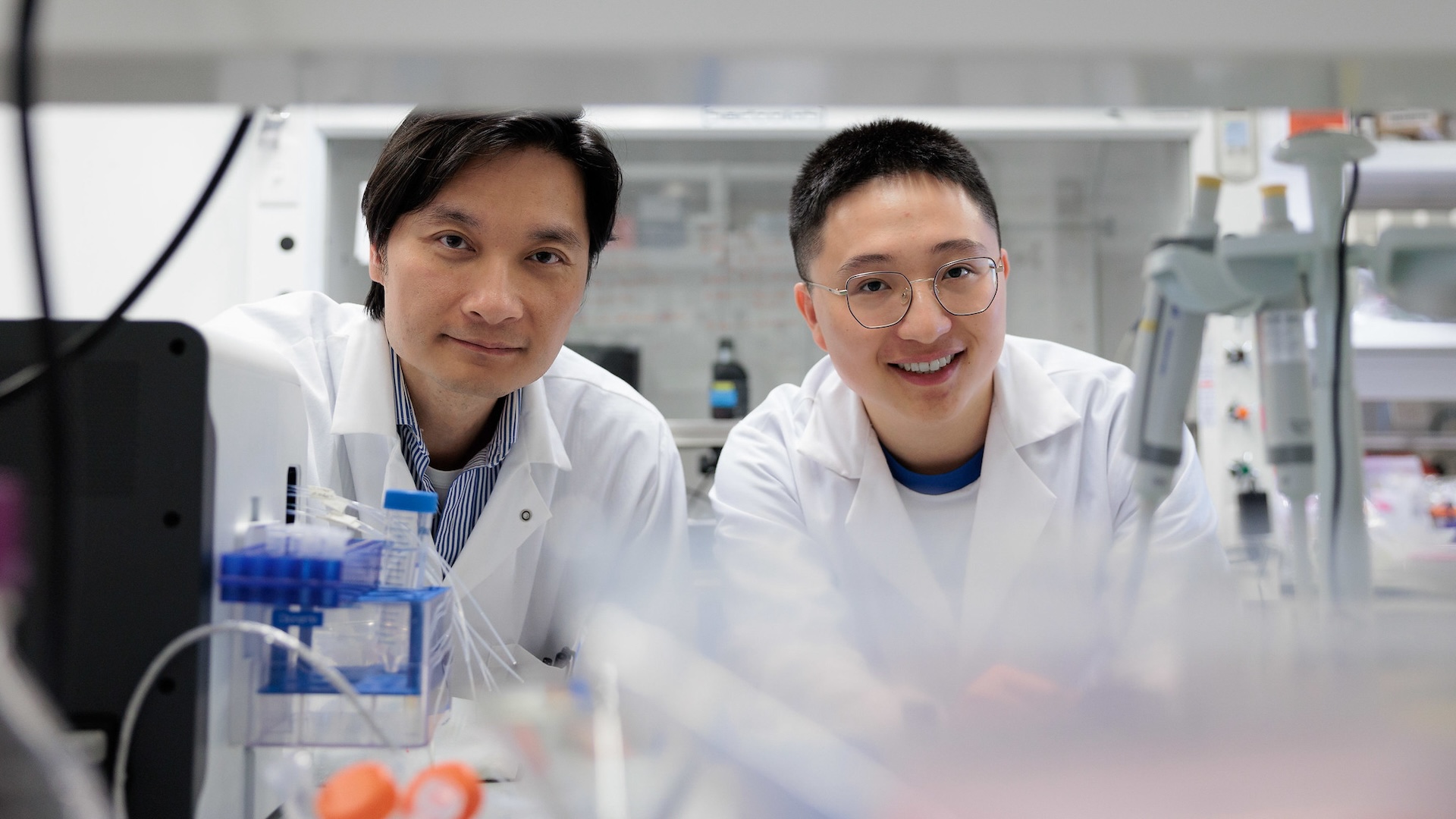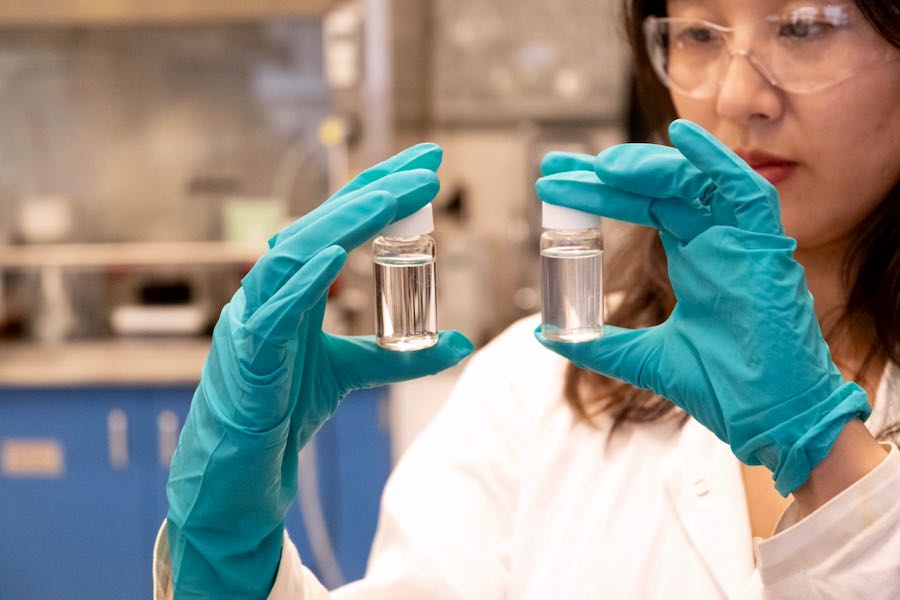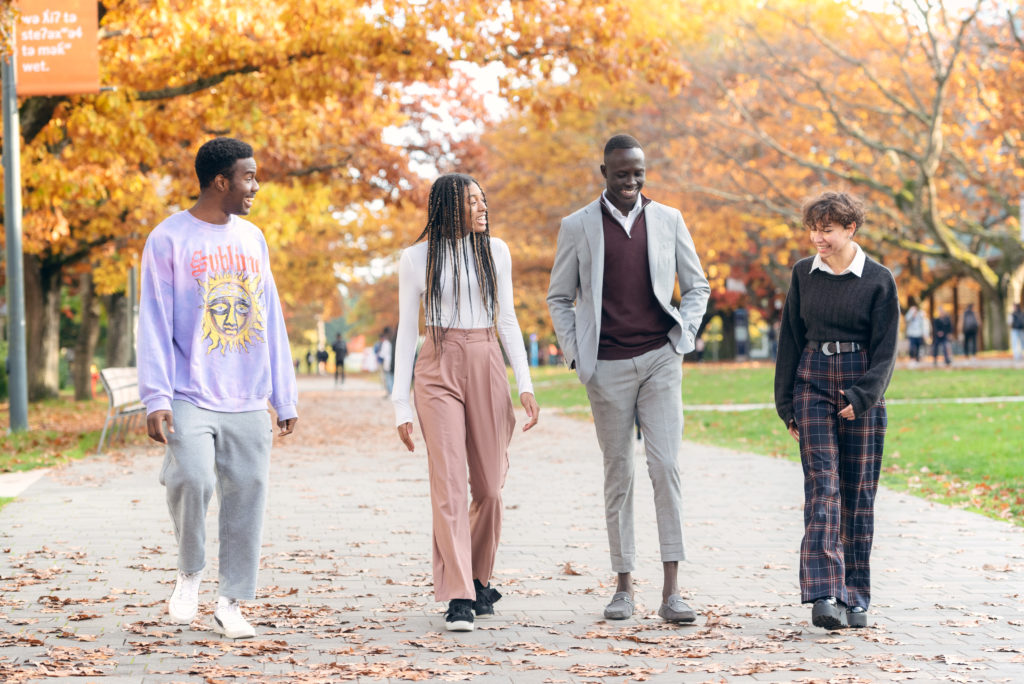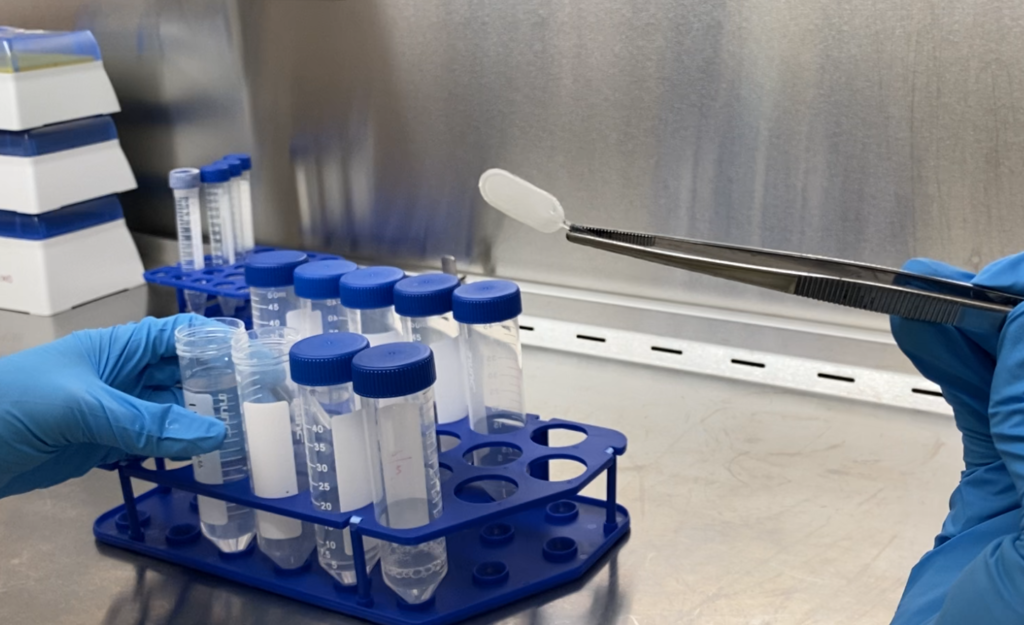Impacts of Media Coverage
When you work with your media relations and communications teams to generate media coverage, you are helping drive potential change in the world. Here are just a few examples of the positive impacts—large and small—driven by media coverage of UBC stories.
If you know of other stories, please contact media.relations@ubc.ca.
2024

Pain-free insulin
Individuals struggling with diabetes expressed interest in participating in the development of oral insulin drops by pharmaceutical sciences researchers.
Imported bumblebees dominate in Lower Mainland
B.C.’s Ministry of Agriculture and Food and the Canadian Food Inspection Agency responded to a report about imported bumblebee species by UBC land and food systems scientists.
Protecting salmon against toxic road runoffs
Musqueam staff members requested more information on a project to reduce the amount of a toxic chemical entering B.C.’s waterways led by civil engineering researchers.
Fresh material for sociology class
A researcher’s colleague reported that a UBC News release and graphic about online vs. offline dating inspired a robust classroom discussion when used to supplement a textbook case study.
Changing the face of long-term care
The B.C. Ministry of Health and current members of resident and family councils recognized the importance of UBC nursing researchers studying the impact of resident and family councils on long-term care.
Bike ride across Bangladesh
An economics student who cycled across Bangladesh to raise awareness of climate change impacts received grants to support climate adaptation work in Bangladesh.
Electric vehicles are the future
Research on electric vehicle prices in Canada generated significant public engagement, including a response from government.
Dangers of clear-cut logging
A study by forestry researchers which highlighted the importance of forest cover against flooding was referenced by elected officials advocating for B.C. to stop clear-cut logging.
Your voice matters
A Q&A on international students led to the UBC researcher being invited to join the UBC delegation in Day on The Hill.
2023

Microplastics filter from wood dust
A news release about a revolutionary microplastics filter by scientists at UBC’s BioProducts Institute attracted B.C. provincial government interest in using their technique to remove pollutants from water.
Testing for designer drugs
The American Academy of Forensic Sciences sent a film crew to profile the work of UBC researchers who use high-performance computers to screen urine samples for emerging designer drugs.
Bug bake-off serves up insect delights
A bug baking competition at UBC elicited numerous inquiries about insect powders and proteins from public members, including a secondary school teacher interested in holding a similar event for Earth Day 2024.
UBC expert launches initiative for substance use education
A media release focusing on substance use education led to a partnership inquiry from a health authority.
Keeping toxic chemicals out of waterways
A Vancouver Island municipality expressed interest in implementing UBC research on rain gardens, which can keep toxic tire chemicals out of waterways, after reading about it on UBC News.
Men in Mind on public’s mind
This Q&A inspired members of the public to express interest in participating in a mental health program, Men in Mind.
Museum with more than 2,000 preserved human organs
A media pitch on the David F. Hardwick Pathology Learning Centre landed on the cover of the Sunday Province and resulted in multiple requests for tours from health care professionals, educators and the public.
Removing forever chemicals from drinking water
Media stories about a new UBC water treatment that removes “forever chemicals” prompted numerous information requests and partnership inquiries from water utilities, researchers, businesses and the general public across North America and Europe.
Women scientists rowing across the Atlantic
UBC student Lauren Shea is part of an all-woman crew rowing 3,000 miles non-stop to save the oceans. A media pitch highlighting this story attracted a documentary company, which decided to film the journey.
Cash transfers to homeless people
Coverage of a media release about how people experiencing homelessness spent a substantial cash transfer prompted three levels of government in two different countries to seek the research team’s help in designing cash-transfer programs to reduce homelessness and poverty.
2022

Scholarships for Black Canadian students
Stories about the new UBC scholarship program for Black Canadian students prompted numerous emails from potential applicants to the program.
Student reporting the war in Ukraine
A faculty member read our profile of a student reporter covering the war in Ukraine and was encouraged to help the student find housing for her return to UBC in the fall.
Wildfire management
A Q&A with three wildfire experts led to the researchers engaging with BC Wildfire Service to implement the calls to action and to invitations to guide ongoing wildfire management and recovery.
Donating your body to science
Media coverage of the shortage of cadaver donations to a Medicine program prompted offers from potential donors.
2021

Advancing diabetes research
News media coverage of a stem cell-based treatment for Type 1 diabetes inspired a community member to make a gift to advance future diabetes research.
Planning for laneway homes
News stories about a UBC study on how laneway homes can decrease neighbouring property values prompted the City of Mississauga to request the full paper to use in their planning work.
Local-scale climate action
11 individuals and organizations expressed interest in applying or expanding the Cool ‘Hood Champs program in Toronto, Halifax, Winnipeg and Victoria.
Psychological first aid
Communications support for Prof. Lesley Lutes’s COVID-19 psychological first aid service and related programs recruited over 250 registered psychologists to provide free emergency psychological services.
COVID-19 ventilator
A donor came forward offering two CPAP machines to further students’ work on a low-cost ventilator—a story that was covered by multiple media outlets.
2020

Art kits for men in prison
Several individuals reached out for more information about an art initiative to promote the mental health of men in prison in order to implement similar projects in their communities.
Biodegradable face masks
Potential industry partners and medical professionals in Canada and other countries reached out to express interest in a biodegradable medical mask made from pulp and fibre.
History of Mulan
A Q&A about a Mulan translation project brought several thousand views and many new subscribers to the researcher’s YouTube channel. The New York Times also linked to his translation of the film.